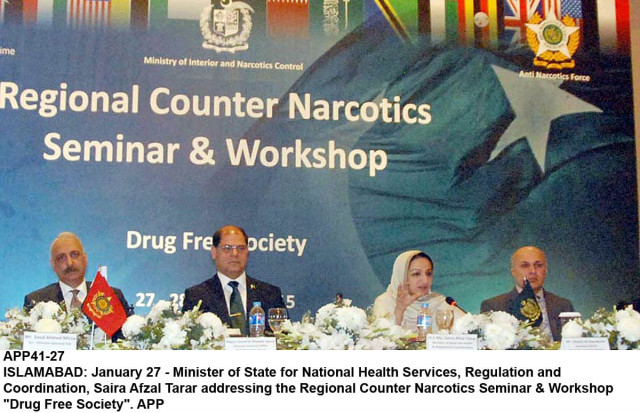
The regional conference, titled “Drug-free Society”, was organised by the United Nations Office on Drugs and Crime (UNODC), where delegates and representatives from around 18 countries were present.
Speakers included Anti-Narcotics Force (ANF) Director General Major General Khawar Hanif, journalist Talat Hussain, Federal Minister for State, Ministry of Interior and Narcotics Control Baleeghur Rehman, Health Minister Saira Afzal Tarar, Narcotics Control Division Secretary Ghalib Ali Bandesha, and the United Nations Office on Drugs and Crime Country Representative Cesar Guedes.
Issues emphasised at the conference included sorting out drug challenges and counter narco-trafficking measures, capacity building of anti-drug UNODC setups, improving drug enforcement measures, media awareness campaigns, treatment of and psychiatric problems faced by addicts.
Maj-Gen Hanif said that if people die in a bomb blast, it hit headlines world over, raising alarm and anger and evoking an immediate response, but 550 deaths per day caused by drugs go unnoticed.
He said that 243 million people were languishing as drug addicts and their families were suffering due to illicit drugs. “These statistics clearly indicate that the damage caused by drugs to people in terms of life, peace and stability is high, universal, and threatening national security,” said Hanif.

“Despite meagre resources, the ANF has seized drugs worth billions of dollars, lost its officials and arrested dozens of drug traffickers [during the process],” he said.
The DG also lauded the commitment and efforts of the Afghan government for its efforts against drug trafficking and rooting out the menace.
Baleeghur Rahman highlighted counter-narcotics efforts and Pakistan’s achievements. He also stressed Pakistan’s commitment to stand alongside the international community in the fight against drugs.
Minister of State for National Health Services, Regulations and Coordination Saira Afzal Tarar highlighted Pakistan’s vulnerability to drug trafficking. “In Pakistan, the extent of addiction can well be gauged by the ‘Drug Use Survey 2013’, which reveals that there are 6.7m drug addicts in the country,” she said.
Quoting the UNODC report, Tarar said there were a total of 137 addiction treatment services in the government and the private sectors. She said she would write a letter to all provincial healthcare commissions to regulate the centres and their services.
She said that to prevent the public from falling prey to drug abuse, ANF takes strict enforcement measures against drug supply while also engaging in demand reduction activities and sharing responsibility of treatment of drug addicts.
Hussain discussed the role of media and presented his suggestions.
He said that Pakistan was the most vulnerable country due to its porous border with Afghanistan, which produced around 70 per cent of the drugs. Hussain said that Pakistani youth were vulnerable to illicit drugs.
Guedes reaffirmed UNODC’s support towards capacity building of drug-related law enforcement agencies and to playing key role for improving international cooperation.
He also emphasised that the drug problem was a shared responsibility for which UNODC, being the lead international organization, would continue to play a pivotal role.
Published in The Express Tribune, January 28th, 2015.

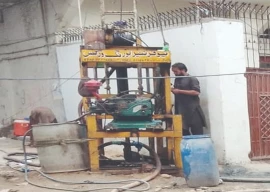
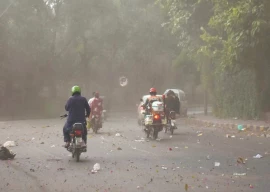
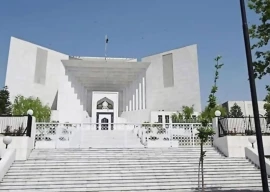
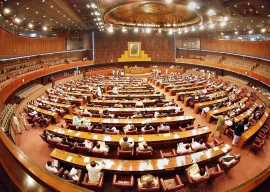

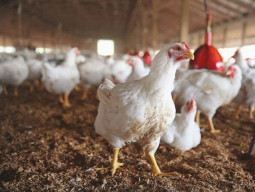
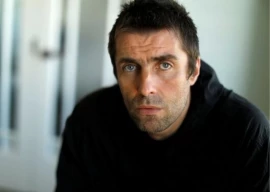
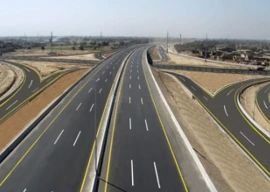


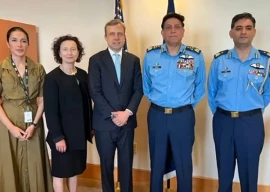


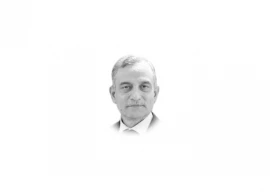


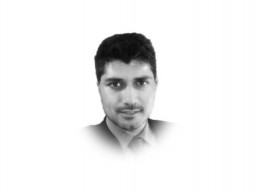
COMMENTS
Comments are moderated and generally will be posted if they are on-topic and not abusive.
For more information, please see our Comments FAQ